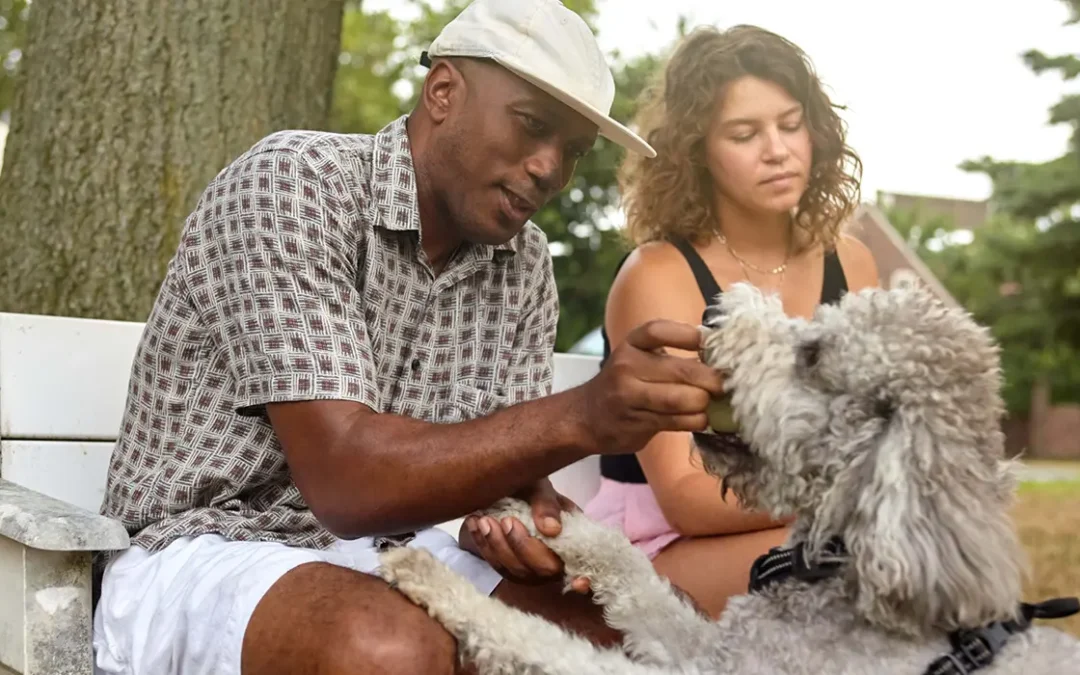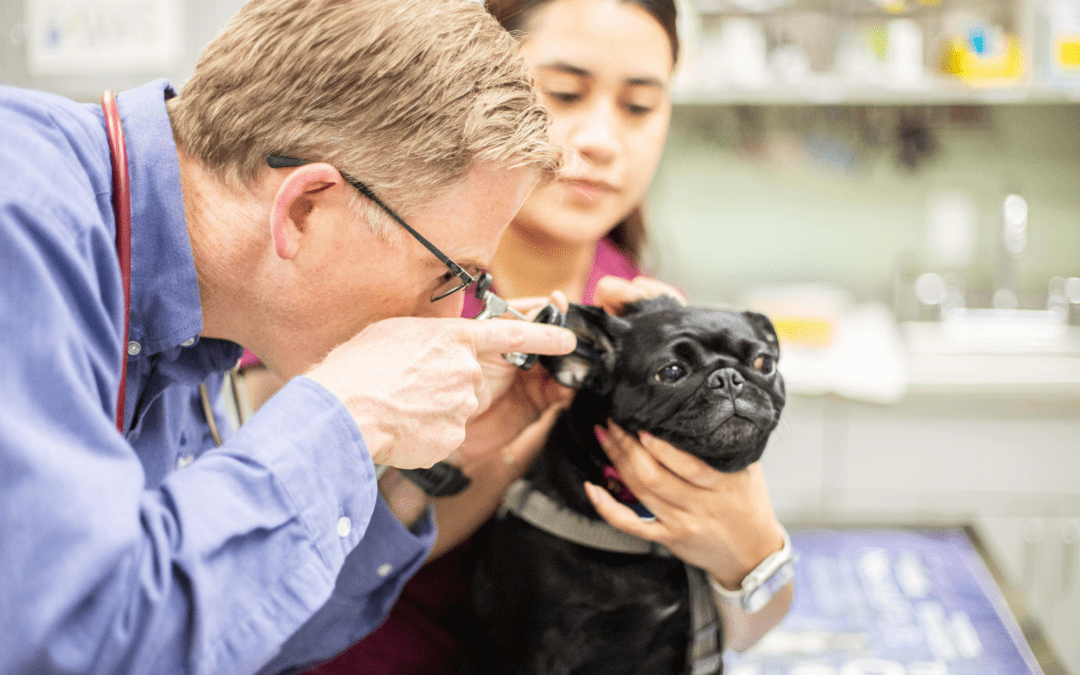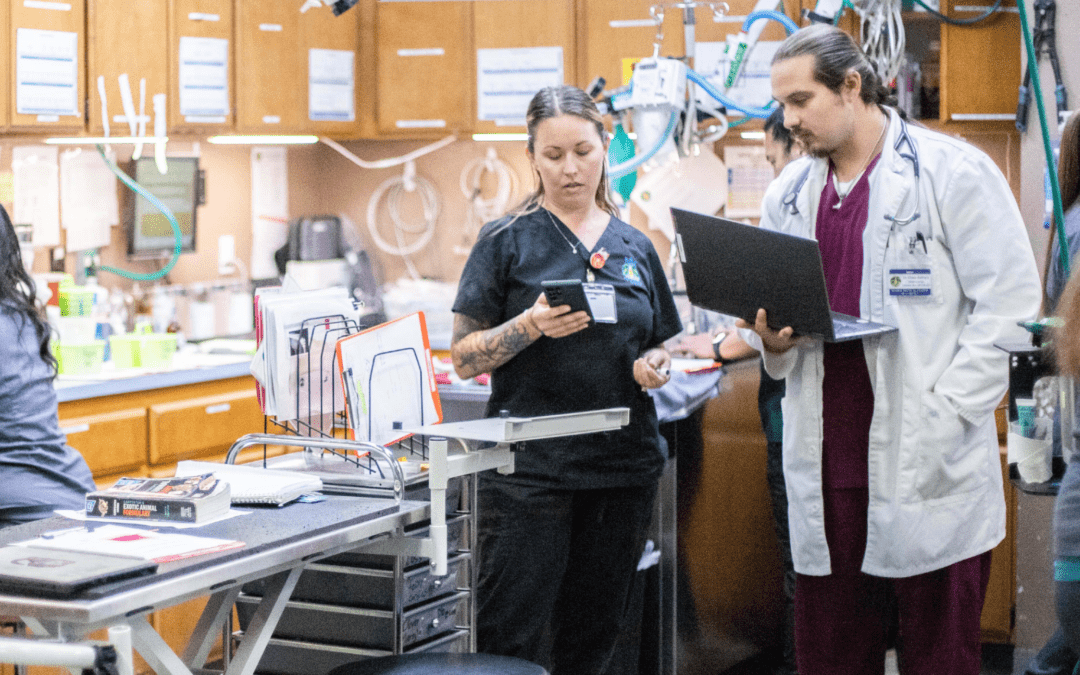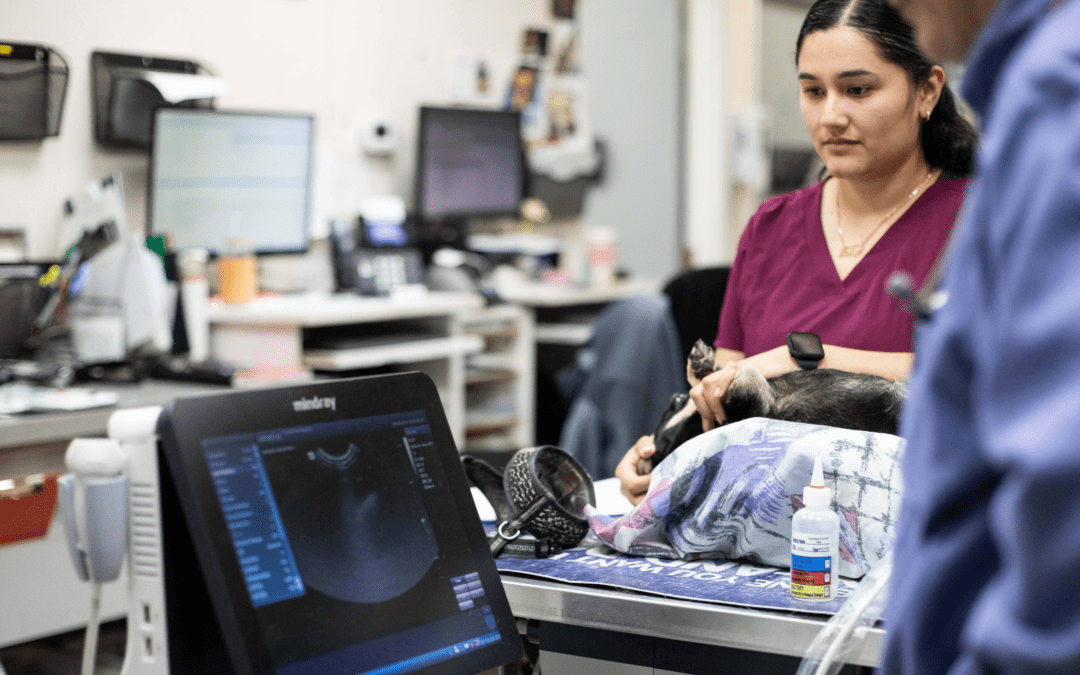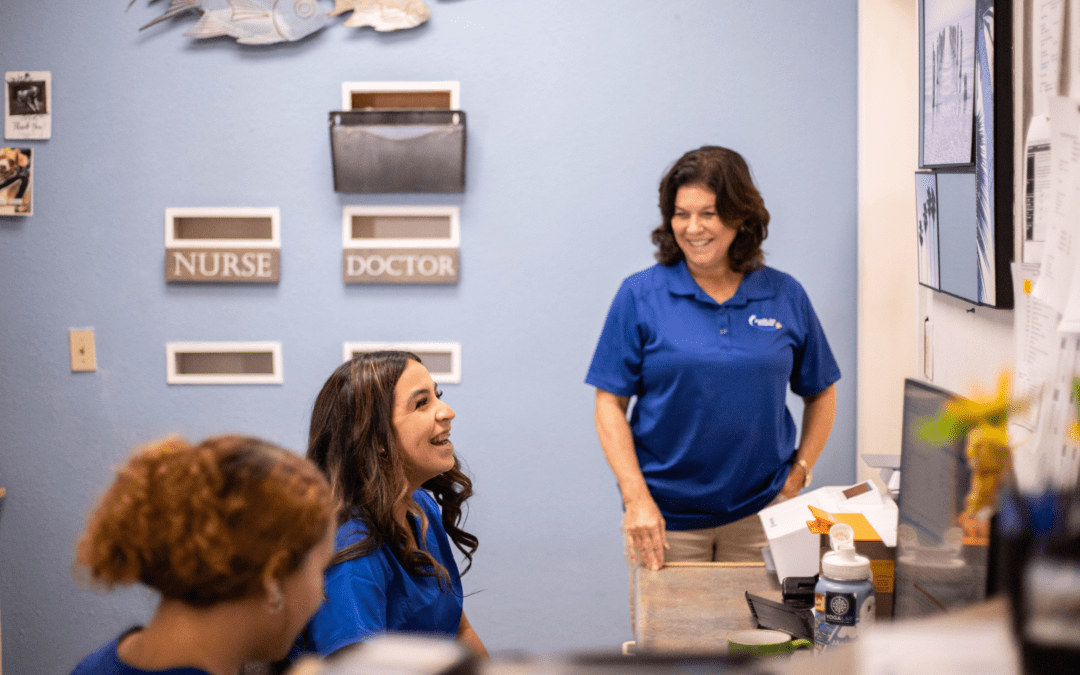Creating Chapter VIII: Veterinary Inclusion and Intersectionality Initiative
Recognizing the lack of inclusion and intersectionality within veterinary medicine, Chapter VIII was established as a nonprofit organization after my graduation from the University of Georgia College of Veterinary Medicine in 2020. Our organization, currently in the process of obtaining 501c3 status, advocates for a representative environment in the veterinary profession through advocacy, art, and accessibility. We strive to provide marginalized pet parent communities with access to care, educational opportunities, and financial resources to combat pet surrender and economic euthanasia.
Promoting Inclusive Education and Community Outreach
In collaboration with local humane societies, Chapter VIII offers bilingual community and professional education programs in the greater Indianapolis area. These initiatives aim to empower marginalized youth and pet parent communities, fostering inclusivity and awareness within the veterinary field.
Introducing Vetbulance Community Care
Recognizing the barriers to access and education within the for-profit urgent care space, Vetbulance Community Care was established. As a benefit corporation, Vetbulance aims to provide low-cost, inclusive small animal urgent care services. Our mission is to enhance access to urgent clinical education and care within communities while creating early entrepreneurship and leadership opportunities for underrepresented veterinary professionals. By adopting a community-based approach, Vetbulance seeks to improve accessible illness care, education, and entrepreneurship at the intersection of marginalized veterinary professionals and pet parent communities.
Inspiring Change Through Founding Members
The founding members of our organization exemplify the intentional application of their skills to create a more inclusive world. Paul Stringfield, one of our members, has dedicated himself to understanding and providing accessible and inclusive preventive, illness, and urgent care. He utilizes his privilege to learn from and amplify marginalized pet parent communities. Similarly, Kiyomi Beach has harnessed her personal and professional experience to specialize in access to veterinary care, emphasizing equitable market analysis and strategy without reducing individuals or pets to mere numbers. Through their dedication, our founding members empower marginalized identities and drive systemic change within the veterinary field.
Continued Growth and Learning
Our founding team’s shared core value is a commitment to never stop learning, always making room for growth. I encourage every individual in veterinary medicine to embrace the same mindset and intentionally create space for intersectional inclusion in their personal and professional lives. By doing so, we can collectively foster a more inclusive veterinary community.
Intentional inclusion within marginalized pet parent and veterinary professional communities is crucial for creating a more representative and accessible veterinary field. Through initiatives like Chapter VIII and Vetbulance Community Care, we can empower marginalized identities, enhance access to care and education, and drive systemic change. Let us come together to cultivate an inclusive veterinary profession that embraces growth, empathy, and diversity.
About Dr. Serena Nayee
Dr. Serena Nayee is the founder and executive director of Chapter VIII. Based on personal experience and statistical assessment throughout veterinary school and onward, the lack of inclusion and intersectionality within veterinary medicine heavily inspired her to create Chapter VIII upon graduation from the University of Georgia College of Veterinary Medicine in 2020. She has previous experience as a medical director and practice co-owner in the for-profit small animal veterinary urgent care sector, which inspired her to pursue development of accessible urgent care, after reflecting on the need for access to urgent clinical care and education among marginalized groups. Serena hopes to make urgent care and other specialty sectors within veterinary medicine more representative and accessible via incremental care and inclusive education.
See the power of PetDesk for yourself—for free
Save time and grow your business with custom websites and digital marketing, 24/7 error-free booking, a PIMS-VoIP phone system, plus a client engagement platform with a mobile app.

